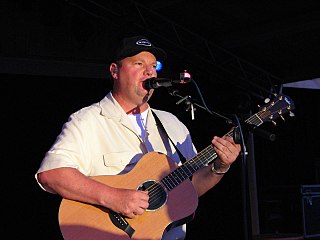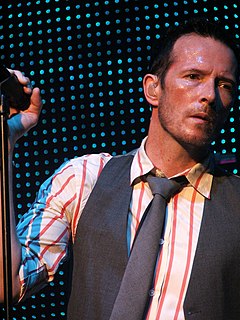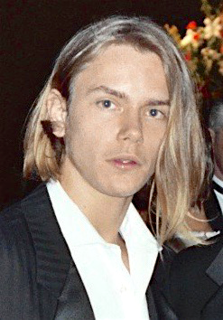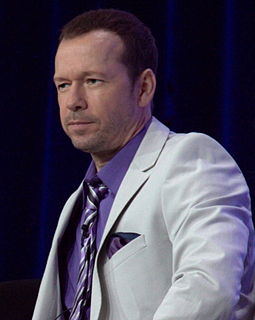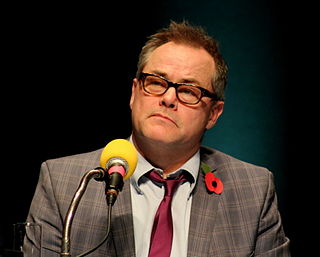A Quote by Christopher Cross
I'm now wearing suits on stage, so I've kinda stepped up my game as far as image. Which I have to admit is kind of a pain the butt, but it's fun. It gives you a certain amount of confidence to walk on stage and look nice, but I can't say that I'm totally buying into the whole image factor.
Related Quotes
I like wearing fitted jackets mixed with jeans, a button-down shirt and a tie. I like to keep the rock and roll feel but class it up a bit. As far as stage clothes, I prefer John Varvatos and All Saints. They have clothing that is really accessible for wearing every day as well as for wearing on stage. I also love J. Lindeberg's suits.
People are constantly trying to make an image for you. They`ll dress you up and tell you to pose a certain way and take all these pictures... they want a certain image, so they create that. And unless you`re spending a lot of time to create another image to counteract that image, theirs will win. So right now, I`m kind of dealing with a lot of false ideas of what I`m about.
The image itself is kind of the least important factor to me, though I'm still interested in putting forth an interesting image. I see the image as the screen laid over top of what really interests me, which is that depth of surface and that filmic quality that it has when you pass the piece. The idea that my pieces look like paintings, but are most definitely not, is really interesting to me.
Who I am on stage is very, very different to who I am in real life. But I don't see that having a sexy image when you are on stage means that you don't love God. No one knows what I'm really like from that. I like to walk around with bare feet and I don't like to comb my hair. I'm always so glammed up and so diva on stage and that's what they see. People don't understand that... No one knows my personal relationship with God and it's not up to me to prove that to anyone.
Polaroid material has the most beautiful quality - the colors on one side, but then the magic moment in witnessing the image to appear. The time stands still and the act of watching the image develop can be shared with the people around you. In the fast world of today it's nice to slow down for a moment. At the same time Polaroid slows time, it also captures a moment which becomes the past so instantly that the decay of time is even more apparent - it gives the image a certain sentimentality or melancholy.
My idea was you can't dress for the stage, you have to dress all the time like you're onstage. And so I would just always wear suits or some form of it. I wanted people to know I played music. That was kind of how you would find other people: you would just walk around looking a certain way and end up meeting someone who liked the way you look.
My whole life at a certain point was studio, hotel, stage, hotel, stage, studio, stage, hotel, studio, stage. I was expressing everything from my past, everything that I had experienced prior to that studio stage time, and it was like you have to go back to the well, in order to give someone something to drink. I felt like a cistern, dried up and like there was nothing more. And it was so beautiful.
You see, what is my purpose of performance artist is to stage certain difficulties and stage the fear the primordial fear of pain, of dying, all of which we have in our lives, and then stage them in front of audience and go through them and tell the audience, 'I'm your mirror; if I can do this in my life, you can do it in yours.'
You see, what is my purpose of performance artist is to stage certain difficulties and stage the fear the primordial fear of pain, of dying, all of which we have in our lives, and then stage them in front of audience and go through them and tell the audience, I'm your mirror; if I can do this in my life, you can do it in yours.
Normally classical music is set up so you have professionals on a stage and a bunch of audience - it's us versus them. You spend your entire time as an audience member looking at the back of the conductor so you're already aware of a certain kind of hierarchy when you are there: there are people who can do it, who are on stage, and you aren't on stage so you can't do it. There's also a conductor who is telling the people who are onstage exactly what to do and when to do it and so you know that person is more important than the people on stage.
